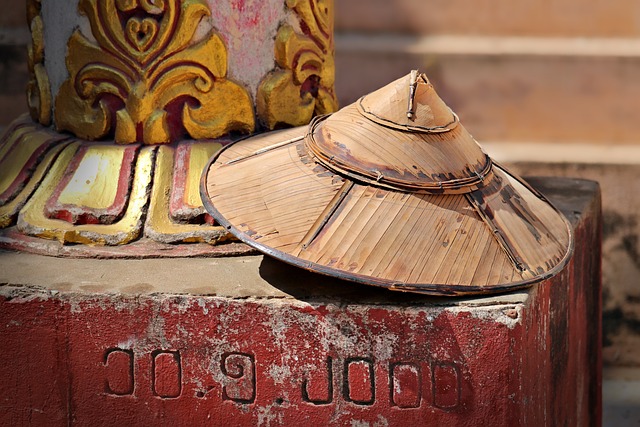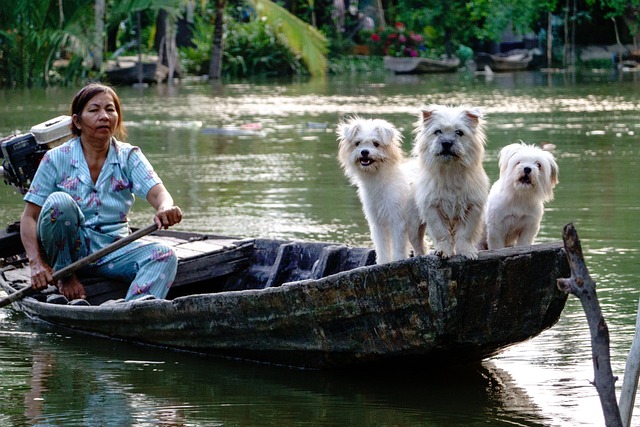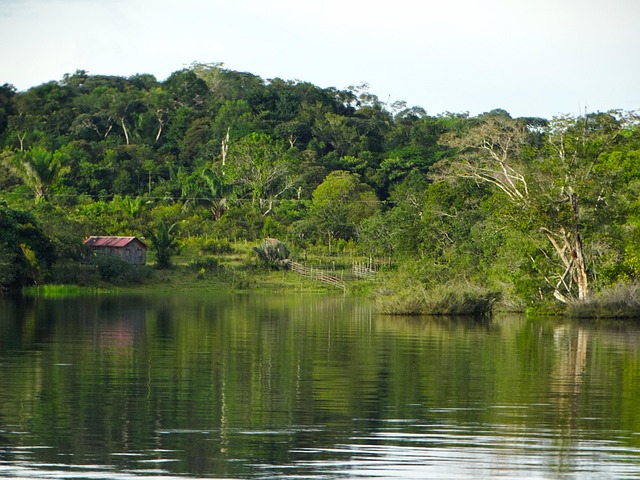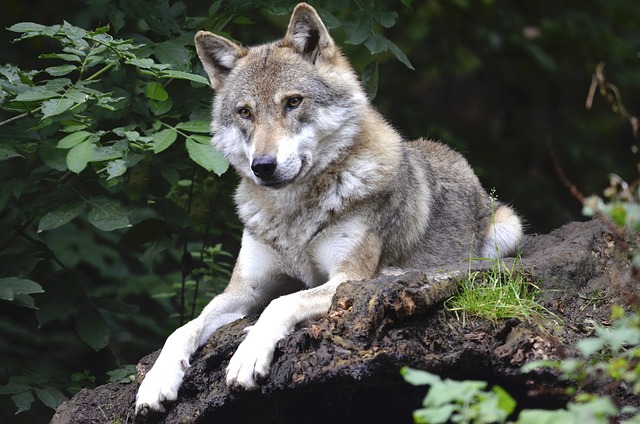
Exploring the Rich Culture of Myanmar
Myanmar, formerly known as Burma, is a Southeast Asian country with a deep, vibrant cultural heritage shaped by centuries of history, religion, and tradition. From golden pagodas that dot its landscapes to the warmth of its people, Myanmar offers a unique window into a culture that remains deeply rooted yet ever evolving.
Religion and Spirituality
Buddhism plays a central role in the life of most Myanmar people. Over 80% of the population practices Theravada Buddhism, and the country is adorned with thousands of pagodas and monasteries. The Shwedagon Pagoda in Yangon, glittering in gold, stands as a symbol of national pride and devotion. Festivals like Thingyan (the Burmese New Year Water Festival) and Thadingyut (the Festival of Lights) highlight the Buddhist calendar and are celebrated with great enthusiasm.
Traditional Dress and Customs
The longyi, a sarong-like garment worn by both men and women, is an enduring symbol of Myanmar’s traditional dress. Women often wear bright, floral-patterned longyis paired with blouses, while men choose more subdued colors. Thanaka, a yellowish paste made from ground tree bark, is commonly applied to the face as both cosmetic and sun protection.
Cuisine and Food Culture
Myanmar cuisine is a flavorful mix influenced by neighboring India, China, and Thailand. Dishes like mohinga (rice noodle and fish soup) are national favorites, often eaten for breakfast. Tea shops serve as social hubs where people gather to discuss politics, family, and daily life over cups of sweet Myanmar tea and plates of samosas or fried snacks.
Arts, Music, and Dance
Myanmar has a rich tradition of performing arts, including classical dance, puppetry, and music using traditional instruments like the saung (harp) and pat waing (drum circle). Intricate wood carving, lacquerware, and tapestry (known as kalaga) showcase the country’s craftsmanship and artistry.
A Living Tradition
Despite modern influences, Myanmar remains proud of its heritage. Younger generations continue to learn traditional crafts, participate in religious ceremonies, and honor their ancestors, ensuring that the cultural fabric of the nation stays intact even as it adapts to the 21st century.
Visiting Myanmar means stepping into a world where tradition meets daily life, offering travelers not just sights and sounds, but a deep sense of timeless culture and community.






